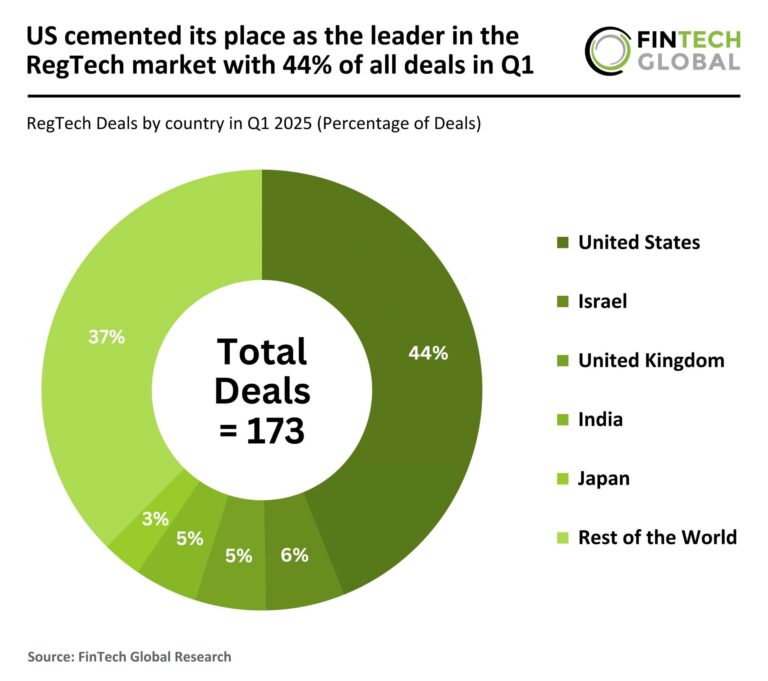Revolutionizing AML: The Impact of Quantum Computing on Anti-Money Laundering Strategies
The United Kingdom’s recent investment of £121 million in quantum technology is a significant step in addressing the growing challenge of financial crime. With the Napier AI/AML Index estimating that money laundering costs the global economy approximately $5.2 trillion annually, this funding aims to leverage advanced technologies to enhance fraud detection and prevention mechanisms.
The Role of Quantum Computing in Combatting Financial Crime
Financial crime today has evolved beyond simple transactions between obvious offenders. It now involves complex networks of seemingly legitimate activities, synthetic identities, and the covert movement of funds across borders. Quantum computing has the potential to revolutionize our approach to identifying these illicit financial flows.
How Quantum Computing Can Help
Quantum computing’s ability to process extensive datasets at unprecedented speeds presents unique opportunities to uncover hidden financial networks. Here are some key advantages:
- Enhanced Data Processing: Quantum systems can analyze large volumes of data to identify correlations that traditional systems might miss.
- Behavioral Anomaly Detection: Machine learning models running on quantum systems can potentially reveal unusual patterns of behavior indicative of money laundering.
- Identifying New Laundering Typologies: As technology advances, quantum computing could help identify new forms of financial crime that are currently unrecognized.
Addressing the Risks of Quantum Technology
While the prospects of quantum computing are exciting, it is crucial to acknowledge the accompanying risks. As with any advanced technology, there is potential for misuse by malicious actors. Therefore, it is imperative to develop mitigation strategies to prevent exploitation by criminals.
Proactive Regulatory Measures
In response to the evolving threat landscape, regulators are increasingly active. For example:
- HM Treasury has initiated consultations to strengthen Money Laundering Regulations, demonstrating a commitment to addressing financial crime.
- The Financial Conduct Authority (FCA) has established AI Labs and RegTech forums to foster responsible innovation in the financial sector.
- Collaborative projects like the FCA’s synthetic data initiative, which includes partnerships with The Alan Turing Institute, Plenitude Consulting, and Napier AI, exemplify necessary cross-sector engagement.
Learning from AI’s Deployment
The rollout of AI technologies has shown the consequences of inadequate oversight. While the open-source model has accelerated innovation, it has also allowed bad actors to access sophisticated tools easily. With quantum computing still in its developmental stages, there is an opportunity to establish ethical frameworks and security protocols from the outset.
A Collective Responsibility
Building an ethical foundation for quantum technology is not solely a technical task; it is a societal challenge that demands collaboration across:
- Industry
- Academia
- Government
- Civil society
Prioritizing governance, standards, and international cooperation is essential for ensuring that quantum computing serves as a tool for good rather than a facilitator of crime.
The Future of Quantum Computing in Financial Crime Prevention
Quantum computing holds the potential to become one of the most powerful assets in the battle against money laundering. However, its future impact will depend on proactive measures taken today to ensure that this transformative technology is harnessed ethically and responsibly.
By anticipating challenges, fostering collaboration, and embedding ethics and security into every stage of development, we can leverage quantum computing as a force for positive change in the fight against financial crime.







